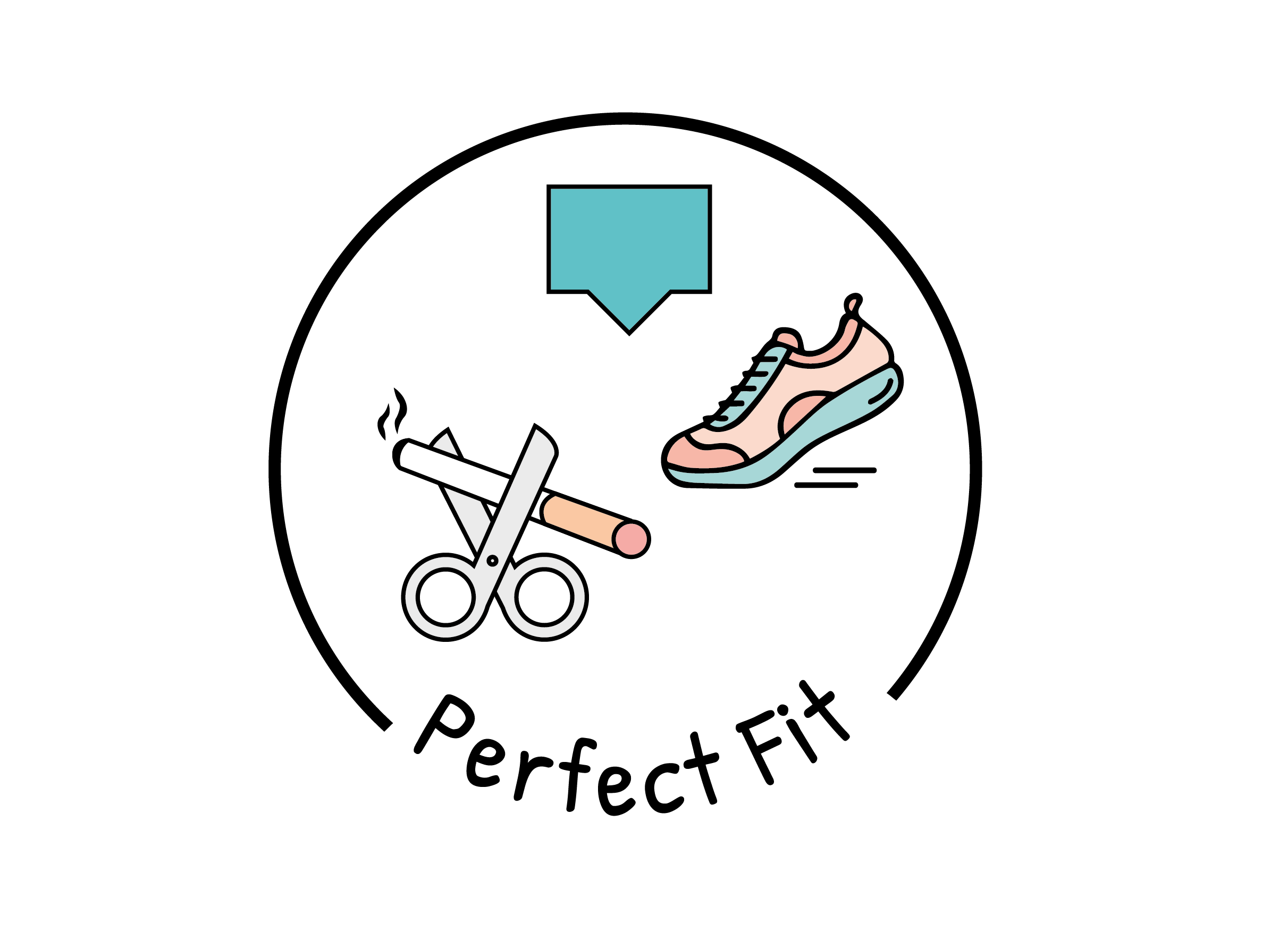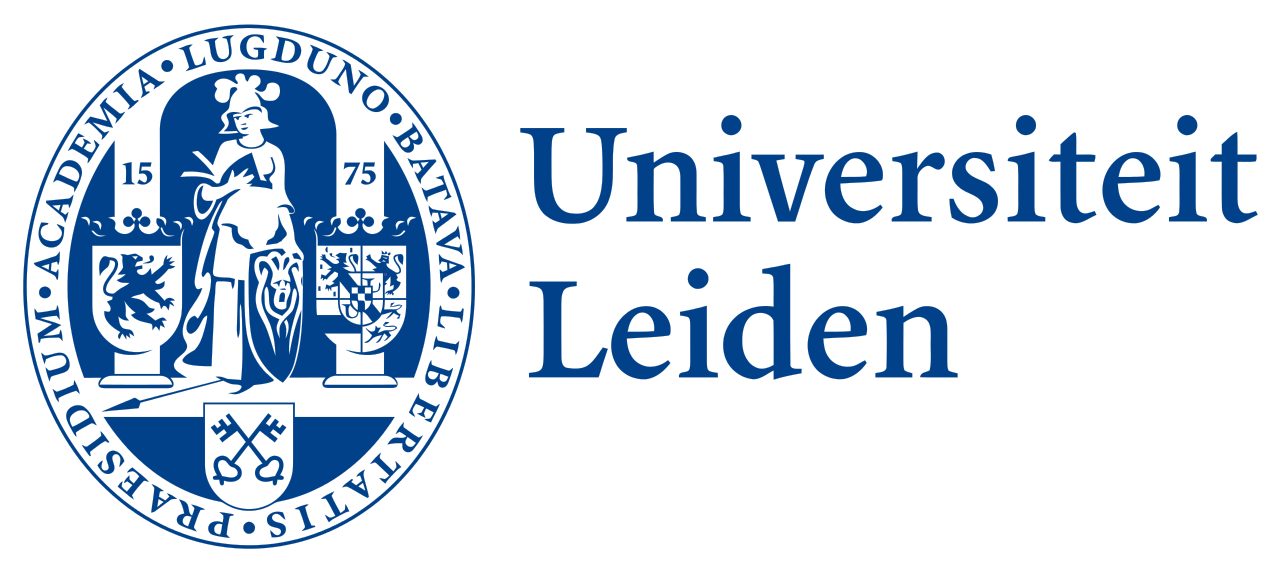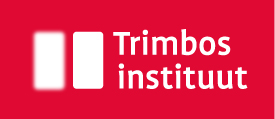Smoking tobacco and physical inactivity are key preventable risk factors for cardiovascular disease. Perfect Fit combines big-data science, sensor technology, and personalized real-time feedback for individuals to achieve and maintain abstinence from smoking and sufficient physical activity, prevent cardiovascular disease, facilitate wellbeing and reduce healthcare costs. The approach serves disadvantaged groups, where smoking and physical inactivity are most prevalent. Once developed, the approach can be extended to include other risk factors and systems. The project develops tailored, evidence-based, near real-time computer coaching for quitting smoking and enhancing physical activity. For every individual, a personal model generates personalized recommendations based on high-quality data and adapts to changing circumstances/progress (similar to a navigation system), using machine learning techniques and incorporating domain-specific expert knowledge (e.g. health behaviour change strategies such as facilitating identity change). Virtual coaches communicate advice in a motivating way that fits individuals’ persuasive communication styles. Key objectives are to examine how different types of (sensor)data can be used to provide personalized advice; which adaptivity is needed to create a robust, safe, and effective interaction between individuals and machine (virtual coach); how advanced data science methods can be developed and embedded in current smoking cessation and physical activity coaching practice; and how measurement modalities, feedback and communication affect individuals’ smoking status and physical activity. The project addresses challenges regarding small and big-data quality and usability; linkage of data sources; making data meaningful for individuals; and responsible data science.
Perfect Fit received funding from the Netherlands Organisation for Scientific Research (NWO) program Commit2Data - Big Data & Health (project number 628.011.211).
You can contact us at perfectfit@lumc.nl






